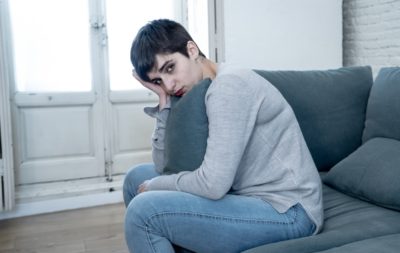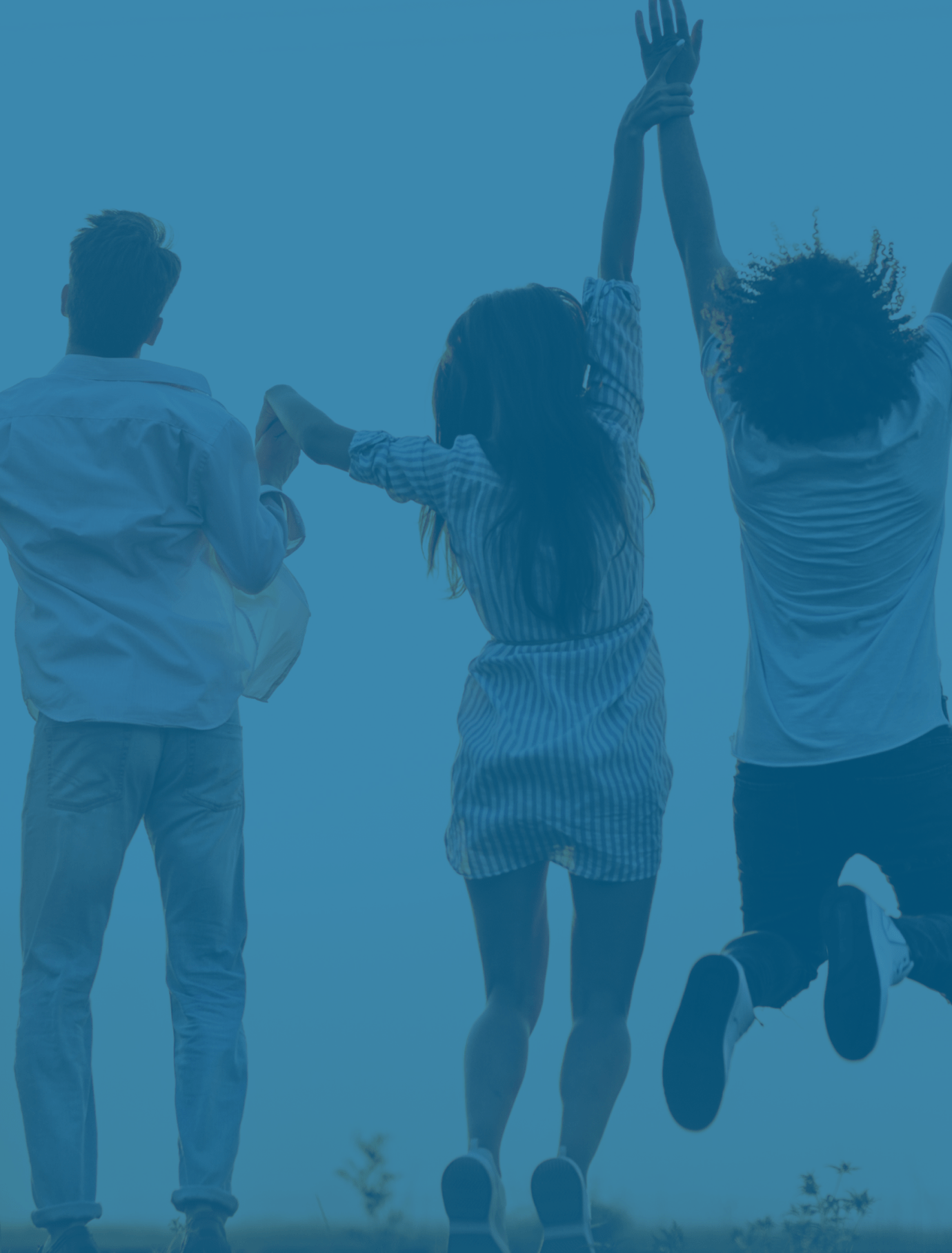 Relapse triggers vary from person to person. While those recovering from addiction may be triggered by the people around them, others cite stress as the most common relapse trigger they face. Regardless of what the cause is, those in the field agree that while relapses do inhibit recovery, they can certainly be overcome with some work and determination. Below we’ve listed some of the most common relapse triggers.
Relapse triggers vary from person to person. While those recovering from addiction may be triggered by the people around them, others cite stress as the most common relapse trigger they face. Regardless of what the cause is, those in the field agree that while relapses do inhibit recovery, they can certainly be overcome with some work and determination. Below we’ve listed some of the most common relapse triggers.
What Are the Common Relapse Triggers?
Stress and Other Emotions
For many recovering from addiction, stress is the number one trigger that has led them to abuse drugs or alcohol in the first place. Once recovery treatment has been completed and the individual is back in the real world, it can be challenging to continue facing everyday stresses without their regular coping mechanism. Stresses that lead to relapse can result from family life, job stability or health concerns, among other things. While facing this emotion is uncomfortable, it’s necessary in order to explore other ways of coping with stress. This might mean mediation, exercise or something else that calms the nerves and takes the individual’s mind off drugs or alcohol.
In addition to stress, it’s important for people struggling with addiction to familiarize themselves with the acronym HALT, which stands for hungry, angry, lonely, tired. These emotions are common relapse triggers and it’s important that those who are in recovery or have completed a recovery program be mindful of the way these emotions make them feel. In many cases, these feelings can be avoided by sticking to a regular sleep schedule, planning meals diligently and attending support groups to combat strong feelings of loneliness, anger or grief.
Mental and/or Physical Illness

Many individuals with addiction receive dual diagnosis treatment upon entering rehab. This means that in addition to their addiction, they are living with a mental illness such as depression, anxiety or post-traumatic stress disorder. The effects of these mental health conditions are known triggers to drug and alcohol relapse; therefore, it’s necessary to stay on top of medications and other treatments that keep these symptoms under control.
Physical illness has also been known to trigger a relapse. This is sometimes due to pain that’s the result of the illness and in other cases may be the result of stress related to missing work or other commitments due to illness. It’s important for those who are receiving treatment for physical illness to discuss their recovery with their physician.
Socializing With the Wrong Crowd
In many cases, those with addiction are a product of their environment. If they spend the bulk of their time with other people who drink to excess or abuse drugs, it’s more likely they’ll take part in those activities themselves. Upon entering recovery, most people are asked to compile a list of the people they most frequently engage in unfavorable behaviors around. Upon completion of their recovery program, the individual should do their best to discontinue relations with those people as well as avoid places where they’re most likely to see those people, such as pubs or nightclubs.
Dating, Sex and Relationships
In most recovery programs, participants are asked to avoid dating and relationships whenever possible. Of course, this advice is specific to those who are single and seeking new romantic relationships. While there are many reasons for this, the most notable one is the risk of break-ups causing undue emotional stress and leading to relapse. Additionally, some people with addictions are more susceptible to developing an addiction to sex or love while in recovery from alcohol and drug addiction.
Many people recovering from addiction tend to ignore this warning and dive into relationships shortly after completing their rehab program. While some do enter into relationships without relapsing, the risk is much greater for those who do so within the first year of recovery. It’s important to consider the importance of successfully recovering from addiction prior to getting involved with others in a sexual or romantic relationship.
Social Isolation
Pride is a strong deterrent to recovery, as is loneliness. Many people fear asking for help when they’re facing stress or other emotional triggers and find themselves feeling isolated and alone. Additionally, some people are forced to reevaluate their relationships with many of the people they surrounded themselves with prior to entering recovery. These factors can lead to severe social anxiety and ultimately loneliness, both of which are common relapse triggers experienced by many recovering from addiction.
While recovering from addiction, it’s important for people to surround themselves with like-minded individuals. This is best done by working with a counselor or sponsor while adjusting to life without drugs or alcohol and by regularly attending and participating in support groups.
Feeling Too Confident About Recovery
Many people struggling with addiction leave recovery feeling like a new person. They feel strong, confident and ready to face the world head-on. While this confidence is beneficial to a point, it can turn into overconfidence and complacency, which are common triggers in many relapses.
Once leaving rehab and entering recovery at home, some people may feel desperate to get back to their normal life and see their friends. They may think they’re strong enough to face risky situations without the need for prior planning or guidance from their sponsor. These situations can become extremely dangerous for those who aren’t as recovered as they think they are and lead to severe and immediate relapse.
It’s important that those recovering from addiction aren’t afraid to say no to social gatherings that they feel may put their recovery efforts at risk and that they do their best to avoid other situations that are likely to result in stress or other emotional triggers.
How to Manage Relapses
Relapses happen. In fact, 40% to 60% of people recovering from addiction relapse at some point. It’s important for those who experience relapse to realize that there is still hope. The best thing they can do is seek help as quickly as possible.
If you or a loved one has relapsed or is at risk of doing so, contact us now at our Ohio rehab and find out how we can help.




